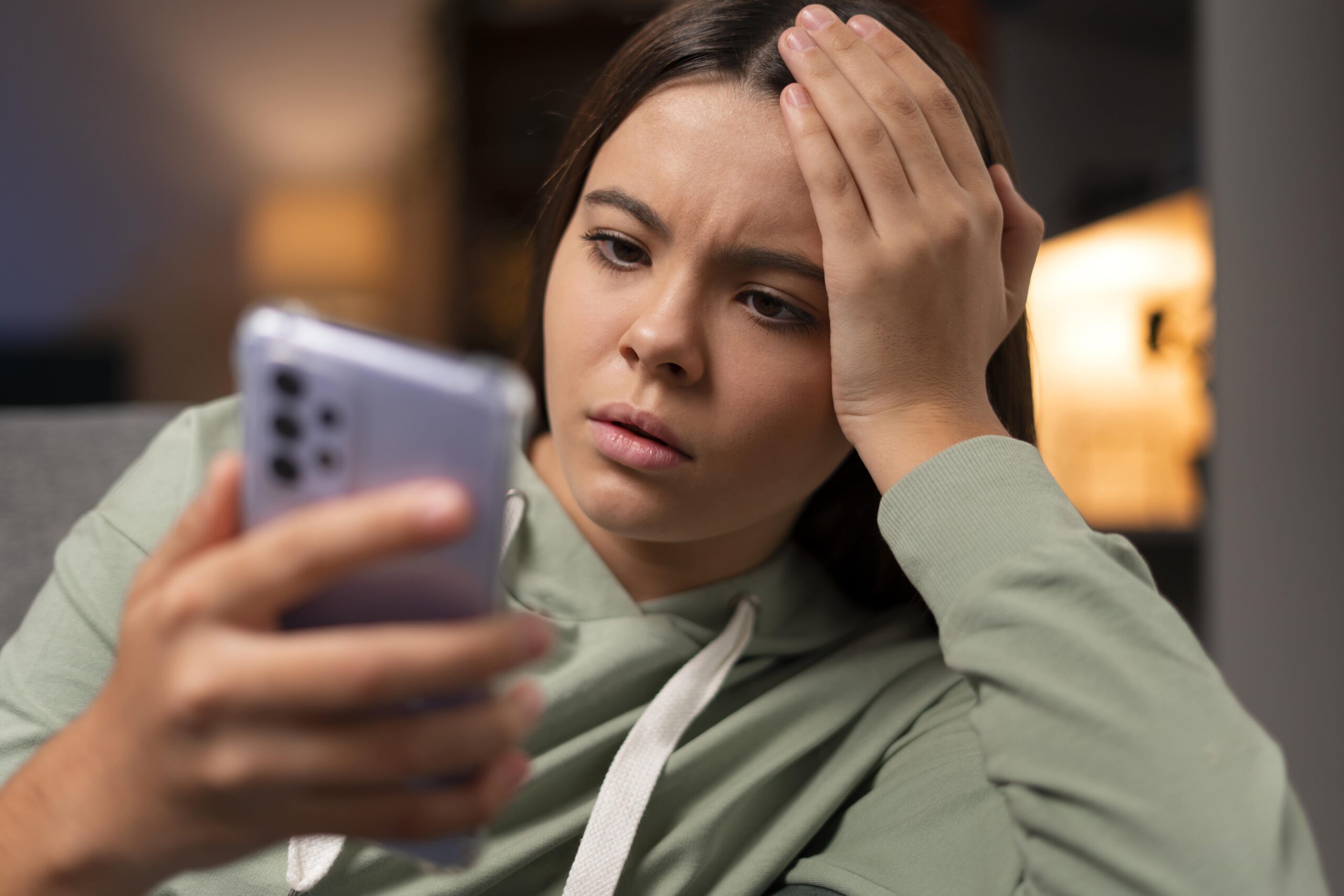Enter your email below to receive weekly updates from the Ashton College blog straight to your inbox.

Smartphones have become ubiquitous, transforming the way we communicate, work, and navigate daily life. While these devices offer unparalleled convenience and connectivity, concerns have arisen regarding their potential contribution to heightened stress levels.
One of the advantages of smartphones is the ability to stay connected with work, friends, and family at all times. However, this constant connectivity can blur the boundaries between work and personal life. The expectation of being available around the clock may cause increased stress as individuals find it challenging to disengage and unwind. Striking a balance between staying connected and setting healthy boundaries becomes crucial.
Smartphones provide access to an overwhelming amount of information at our fingertips. Notifications, emails, and social media updates bombard users incessantly, potentially contributing to information overload. The cognitive demands of processing this constant influx of data can lead to mental fatigue, making it challenging to focus and prioritize tasks. Managing notifications, practicing digital detox, and adopting selective information consumption strategies can help alleviate this stressor.
Social media connects us, but also fuels comparison. People present perfect online lives, leading to FOMO and stress. To combat this, focus on authenticity and prioritize your well-being when using social media.
While smartphones enhance productivity with their myriad of apps and tools, they can also be a source of distraction. Constant notifications, the allure of social media, and the temptation to check the phone frequently can disrupt workflow and hinder concentration. This digital distraction can lead to increased stress, especially in professional settings. Implementing strategies such as time management, setting app usage limits, and fostering a distraction-free work environment can help maintain focus and alleviate stress.
The prevalence of smartphone use, especially before bedtime, has raised concerns about its impact on sleep quality. The blue light emitted by smartphone screens can interfere with the production of melatonin, a hormone crucial for regulating sleep. Poor sleep quality or disrupted sleep patterns can contribute to stress and overall well-being. Establishing a “digital curfew” and adopting sleep hygiene practices, such as limiting screen time before bed, can promote better sleep and reduce stress levels.
While smartphones have undoubtedly revolutionized the way we live, their impact on stress is a nuanced interplay of various factors. Individual usage patterns, mindfulness, and the adoption of healthy habits all play pivotal roles in determining whether smartphones become stressors or tools for well-being. As technology continues to evolve, striking a balance between harnessing the benefits of smartphones and mitigating their potential negative effects becomes paramount for maintaining mental health.
The information contained in this post is considered true and accurate as of the publication date. However, the accuracy of this information may be impacted by changes in circumstances that occur after the time of publication. Ashton College assumes no liability for any error or omissions in the information contained in this post or any other post in our blog.